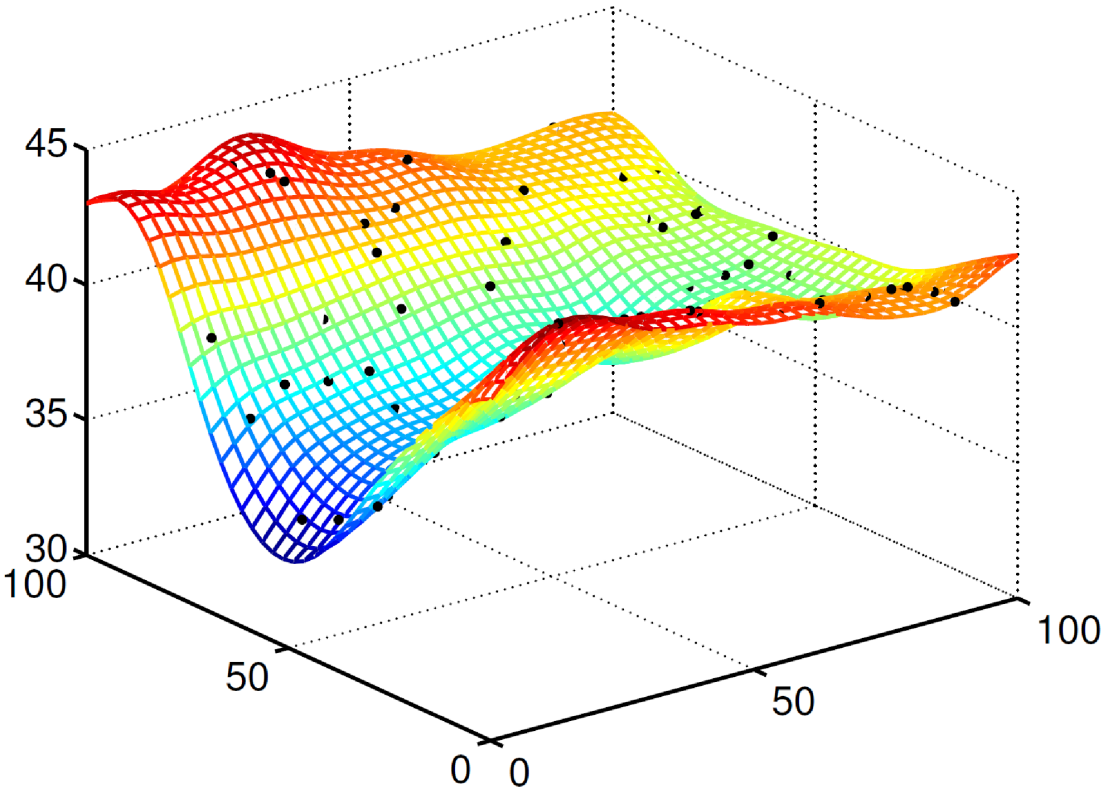Polynomial-Chaos-Kriging
Principal investigator: Roland Schöbi
Description

Nowadays, advanced simulation models (i.e. expensive-to-evaluate simulators such as finite element models) are used in many domains of science and engineering, in order to predict the behaviour of systems and to assess and optimize their performance. In parallel, engineers are more and more concerned with structural reliability and robust designs. This makes the quantification of uncertainties a key challenge.
Due to the high cost of advanced computational models, classical techniques such as Monte Carlo simulation are not applicable. In this respect, meta-modelling techniques allow one to build a surrogate model from a limited number of runs of the computational model. Among many available options, Kriging and Polynomial Chaos Expansions (PCE) are two popular techniques. Kriging assumes that the computational model is a realization of a Gaussian random process whose properties are fitted from a set of computer runs. PCE aims at approximating the computational model response using a set of orthogonal polynomials in the input variables.
In this project, Polynomial-Chaos-Kriging (PC-Kriging) is developed as a new non-intrusive meta-modelling technique combining the advantages of both PCE and Kriging. A sparse set of orthogonal polynomials approximates the global trend of the computational model response. A Gaussian process models the local behaviour due to its inherent interpolation properties.
Apart from uncertainty propagation, PC-Kriging is applied to structural reliability analysis (rare event estimation) and quantile estimation (Schöbi et al. 2015, 2016). To increase efficiency, adaptive experimental design algorithms are investigated. The smart choice of additional runs of the computational model reduces the total computational costs and at the same time ensure an accurate estimate of the quantity of interest.